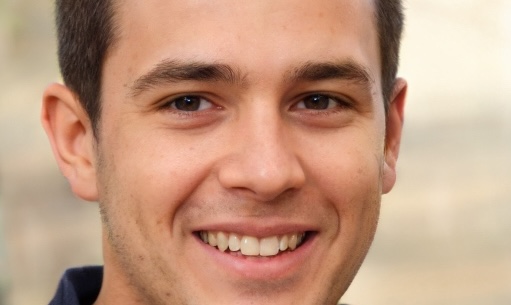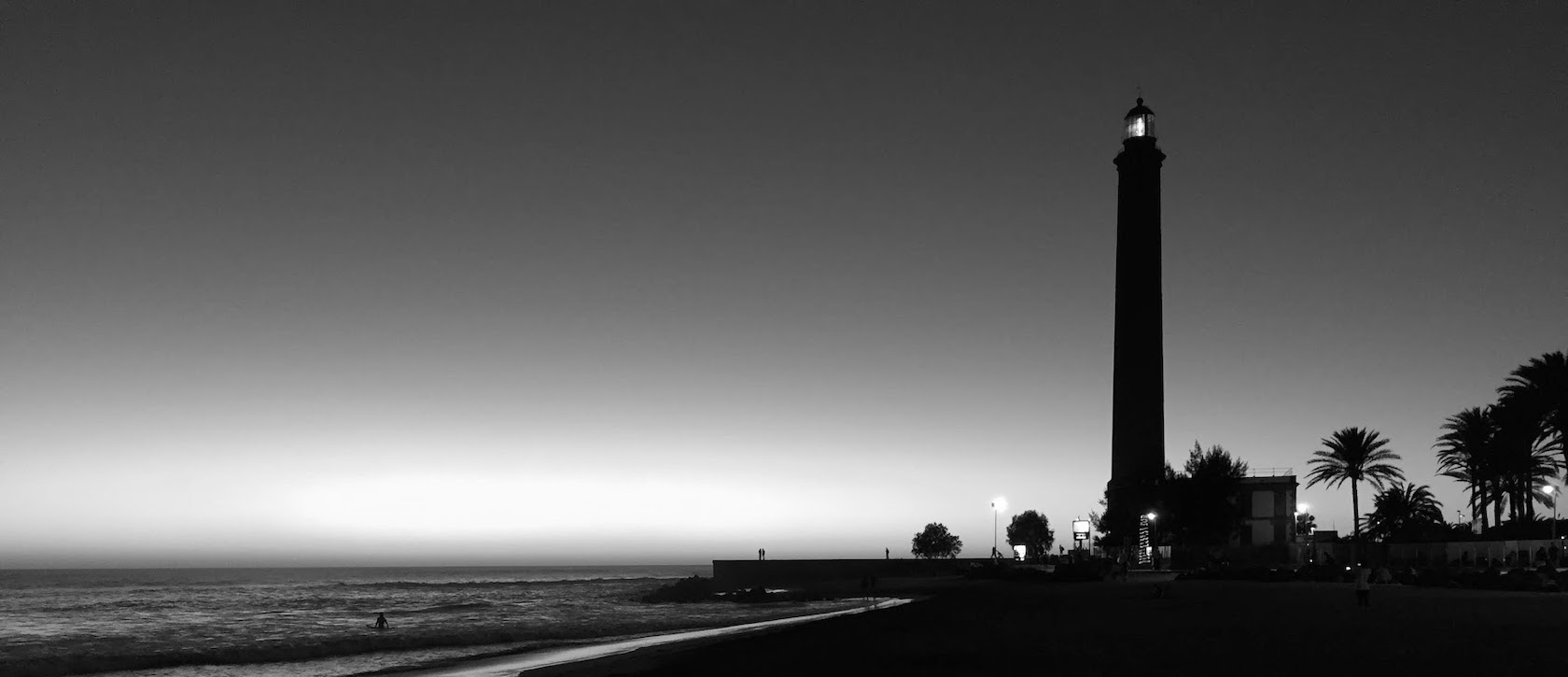
April 1st, 2025
Explora Articles Inside repeople conference 2020
November 9, 2020 9 min
Why do we have to continue living in the places where we work when we can work from the places we love?


It is one of the questions posed by Repeople, a group of restless professionals led by Nacho Rodríguez. They aspire to transform the socio-economic context through the promotion of the values of distributed work. With this objective in mind, they have been designing and building an ecosystem in the Canary Islands from which to learn and generate a global impact.
Each year this group of remote working champions hosts a conference on this topic, formerly known as Nomad City, that this year renamed as the Repeople Conference. This conference is “the largest remote work event in Europe.” More than 500 participants from 26 different countries, practically in all time zones in the world, participated in its 2020 edition. It took place on November 5 and 6, and I had the opportunity to attend thanks to Nacho’s kind invitation.
Although I already had it on my radar, it was the first time I participated in this event. It was a pity that, due to scheduling problems, I was only able to attend the Spanish track the first of the two days. Even so, I found it to be a very well-organized event and highly recommendable for any professional interested in exploring the multiple dimensions of the remote work revolution.
Of the sessions scheduled that day, I would highlight the following:
Remote work and women
First, the conversation about remote work and gender equality David Blay, from the School of Remote Work, had with Maite Egoscozabal, from El Club de Malasmadres. Among other topics, they discussed the possible traps the feminization of certain professions, added to the generalization of remote work, may imply for women. They also conversed about the need for greater co-responsibility in couples regarding domestic tasks, mainly caring for dependents.
Remote work and governments
I also found very revealing the panel on ‘governments and institutions promoting distributed work values’. It was an occasion to see the determined commitment the Canary Islands are making to become a preferred destination for remote workers and digital nomads from all over the world. Cosme García Falcón, from Cabildo de Gran Canaria, Elsa Rodriguez, from Tenerife Work & Play, Pablo Llinares, from the Gran Canaria Tourist Board, and José Juan Lorenzo Rodriguez, from the Canary Islands Tourism Department, agreed that the COVID crisis represents an obstacle to achieving this goal, but it also offers opportunities. For example, the boom in remote work, coupled with the Canary Islands being considered a safe destination, has led to inquiries from people interested in working from the islands having tripled compared to pre-pandemic levels. It was also a great satisfaction to see how the Canarian institutions understand that the value those remote workers and digital nomads can bring goes beyond the money they can spend on the islands. For example, their integration into the local community of professionals and entrepreneurs. I also found their initiatives to communicate abroad the value proposition of the Canaries for this class of professionals, as well as to facilitate their ‘soft landing’ on the islands, very inspiring. Among the challenges, the panelists highlighted the obstacles posed by a regulatory framework and administrative procedures that are not friendly enough for remote workers, or the lack of public officials capable of attending these professionals in English. They also talked about the advantages, not only for the Canary Islands, of establishing in Spain a specific visa for this type of professionals, as it already exists in other countries such as Estonia, Croatia, or Barbados.
Remote work and the future of rural areas
The panel on ‘working remotely and activating rural areas’ was also very inspiring. In this session, we listened to the experiences and learnings of three people: Edo Sadiković (Sende), Ana Amrein (Rooral), and Diana Moret (Pandorahub), representing three projects that pursue that objective:
Pandorahub. This movement, driven by the objective of building an alternative productive lifestyle based on the return to the rural world, remote work, and social impact, aspires to become a network of startups, digital nomads, makers, organizations, and places in line with its philosophy. Its goal is to build a community of conscious “doers” distributed over a network of towns and to integrate them with the inhabitants and local communities of those towns to form a heterogeneous, inclusive, rich, vibrant, intergenerational, and healthy social fabric in rural areas.
Rooral. This project seeks to take advantage of distance work and well-being trends to position rural life as a remedy for the stress and instability many people feel in urban areas. They offer groups of 10 people with different profiles and origins the possibility of living in Artieda (Aragon) for three-week periods. It is not a vacation, but a stay in which they can work remotely, disconnect from urban stress, and, ultimately, experiment by themselves the experience of living and coexisting in a rural environment. For this purpose, they have the collaboration of the approximately 80 inhabitants of the town.
Sende. It is a creative place made up of five houses, two coworking spaces, five gardens (and a stable and unlimited 4G network) in a small town in Galicia. Previously inhabited by only 20 people, it has now become a destination for social entrepreneurs, educators, digital nomads, designers. and illustrators, architects, cartoonists, programmers, and other professionals in the economy of creativity and knowledge who find there an ideal place to create, meet deadlines, and build new projects. “This is a place where real work happens. You come here, and you finish that thing you were struggling with”, they explain on their website. Sende’s members pay an annual fee that entitles them to use all its facilities for one month and access its network and resources. Besides, all money goes on running Sende, supporting local businesses, and on social projects.
Remote work and the future of tourism
Finally, I want to highlight the panel on ‘remote work and tourism’ in which Petra Eškutová (NextRetreat), Jon Hormaetxe (Sun and Co), and Gabriela Larenas (Wifi Tribe) opened our eyes to how distributed work can contribute to reinventing tourism at a time this industry needs new ideas.
For example, Sun and Co, “the home of location independent workers,” is a coliving in Javea that was previously a hostel and now only works as such during the summer season. The rest of the year, it is a space of coexistence in which remote workers of different origins live and work for weeks or even months and integrate into a community made up of people with similar ways of understanding life and work.
NextRetreat is another original project. They organize ‘retreats’ for distributed teams. They help companies find the right destination that is viable for all team members – even those with the busiest schedules. Taking into account the location of each one and how many people leave from the different points of departure, an algorithm finds optimal travel locations for the team based on the number of flight connections, average travel time, and price. The next step is to find the right place for the team to stay, work, and have fun. A group of experienced Retreat Specialists helps client teams with the booking process, pre-travel planning, and troubleshooting on-site, and provide constant support to ensure everything runs smoothly.
Finally, WiFi Tribe offers us the possibility to “subscribe to a new way of life.” The idea is to form groups of 12 to 25 like-minded people who travel the world slowly while working remotely. Every four weeks, the ‘tribe’ chooses a new city to call home and invites its members to move there to work and explore that destination together. Members can do several stays (‘chapters’) in a row or choose chapters throughout the year. Besides, participants apply and have to go through a selection process, in which, among other factors, it is taken into account whether the person possesses the values that WiFi Tribe considers key to creating a strong and supportive community: respect, humility, camaraderie, diversity, passion, and adventure.
In short, the Repeople conference is a highly recommendable event for any professional who is curious to know the latest trends in distributed work. We will return.
Did you like it?
Are you already a user? Log in here